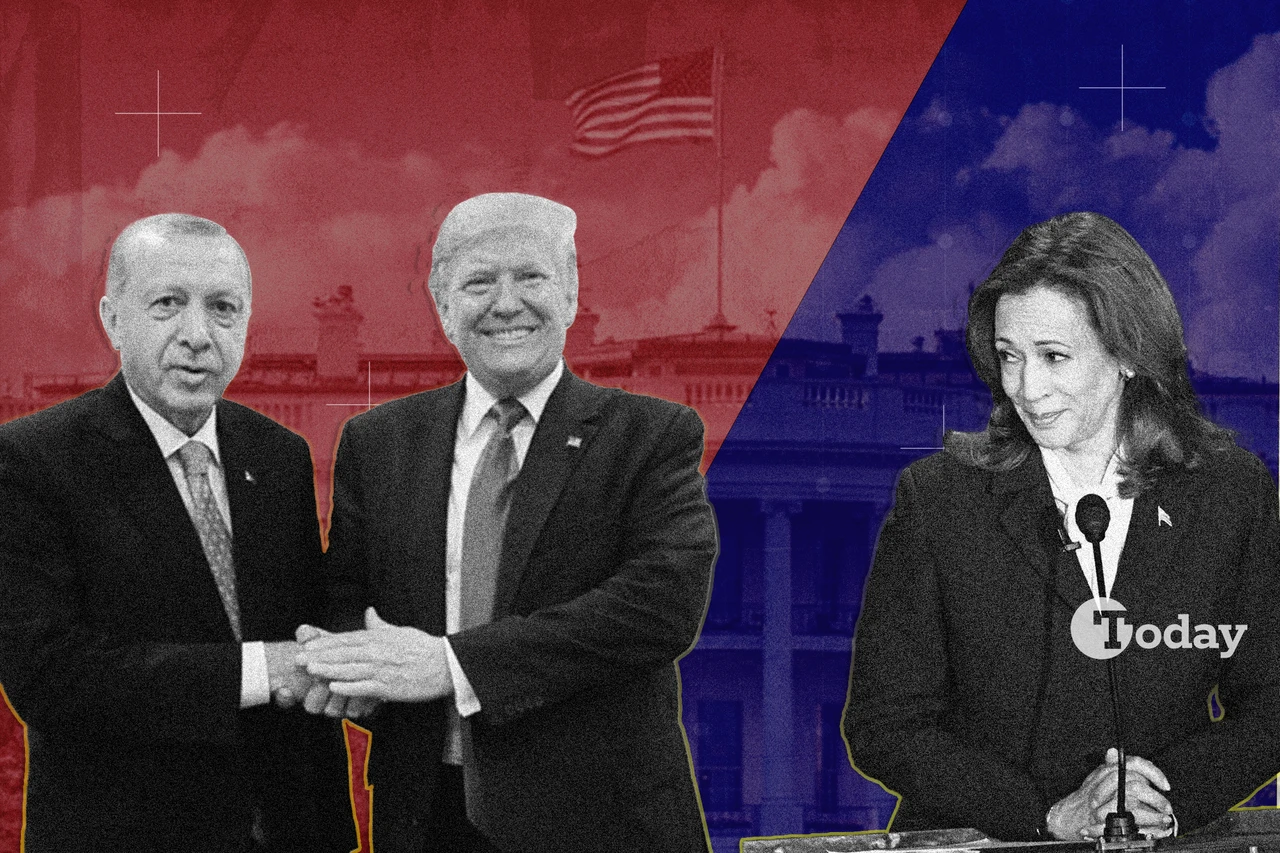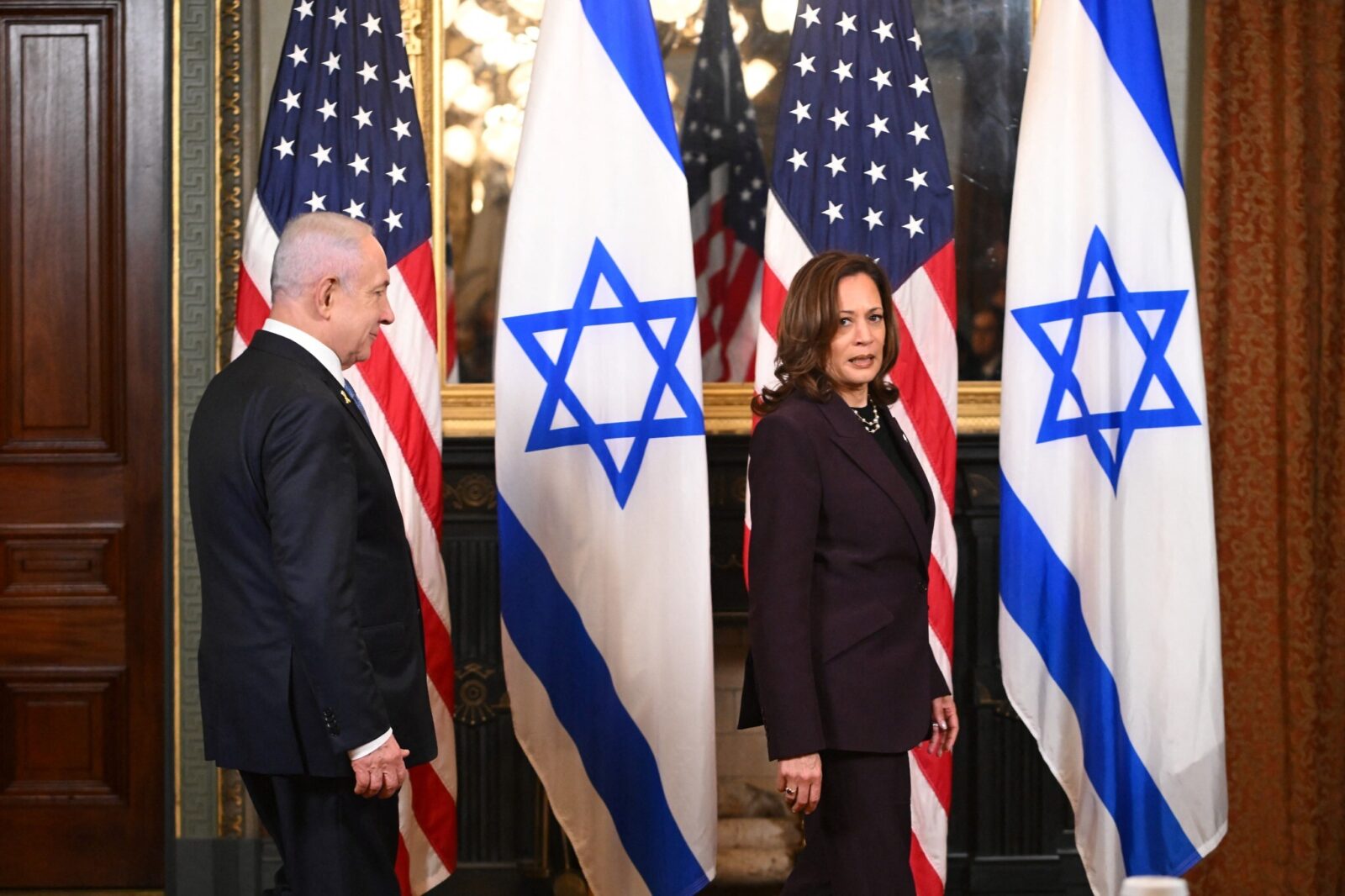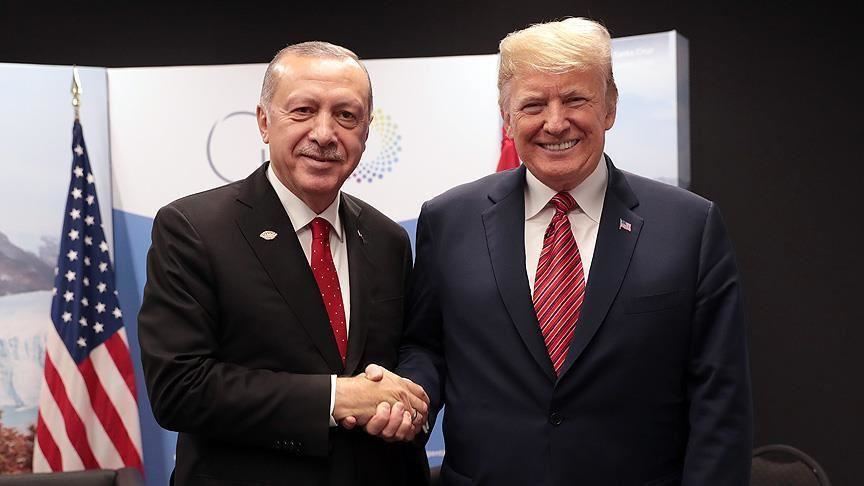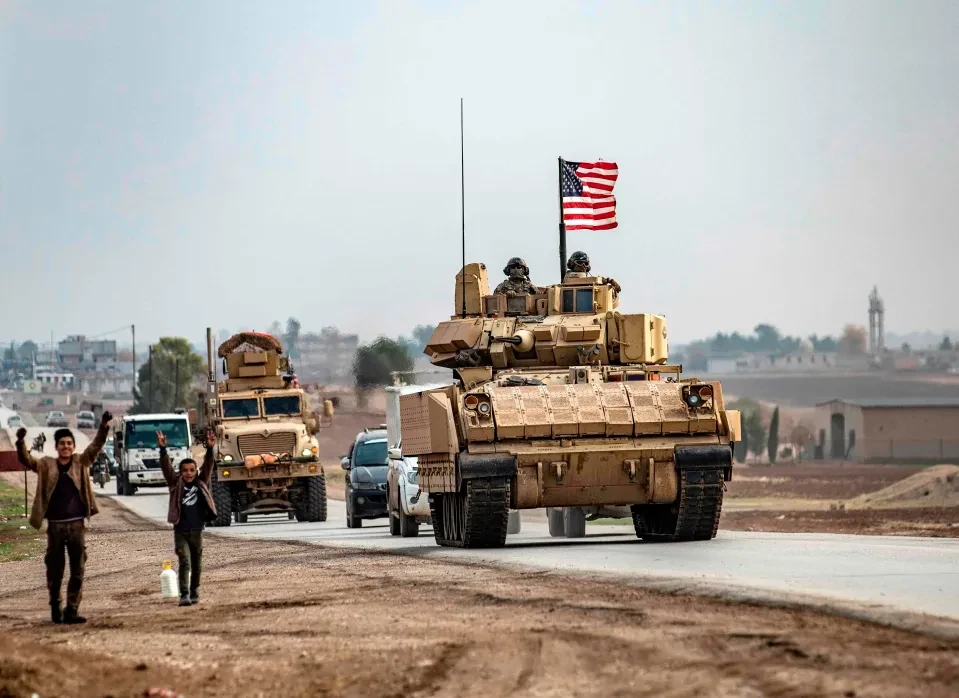What a Harris or Trump presidency could mean for US-Türkiye relations
 (Illustration by Mehmet Akbas/Türkiye Today)
(Illustration by Mehmet Akbas/Türkiye Today)
As the U.S. braces for the November 2024 presidential elections, the implications for Ankara’s bilateral relations with Washington hinge on whether Vice President Kamala Harris or former President Donald Trump secures victory in 2024.
While both candidates carry distinct foreign policy perspectives, each would navigate the complexities of the U.S.-Türkiye relationship differently, with far-reaching consequences for regional stability, military cooperation, and diplomatic ties.
However, both leaders’ perspectives would have limited affects on the elephants in the room: such as potential F-35 deliveries and U.S support for PKK/YPG.
A potential Trump presidency is generally favoured by Ankara despite the currency crisis he triggered, and no decrease in U.S. support for PKK/YPG during his tenure.
Harris: Strategic strains but diplomatic nuance
Kamala Harris has consistently backed a more traditional U.S. approach to Middle East diplomacy, with a strong emphasis on human rights and multilateralism. Despite this, U.S. rhetoric on human rights is no longer taken seriously given the reality of the Middle East conflict.
Her stances suggest potential challenges for Türkiye’s relationship with Washington, particularly as Harris aligns herself with progressive lawmakers on issues like Saudi Arabia and the Israeli-Palestinian conflict.
On Israel, Harris has been more vocal than President Biden in calling for a ceasefire in Gaza and advocating for Palestinian human rights. As a senator, she supported the two-state solution and, during her vice presidency, criticized Israeli Prime Minister Benjamin Netanyahu’s handling of aid to Gaza, calling the situation a “humanitarian catastrophe.” While her stance could strain relations with Israel, it might resonate with Turkish President Recep Tayyip Erdogan, who has often voiced pro-Palestinian views.

Kamala Harris has consistently voiced strong support for human rights issues, particularly concerning the Uyghur Muslim population in Xinjiang. As a senator, she co-sponsored the Uyghur Human Rights Policy Act in 2020, which empowered the U.S. government to impose sanctions on individuals and entities responsible for human rights abuses in the region.
Her stance aligns with Türkiye’s historical support for the Uyghurs, reflecting a shared cultural and linguistic connection between the two Turkic peoples. However, while Harris’ policies on Uyghur rights reflect her commitment to international human rights, they may also create diplomatic challenges for Türkiye, which navigates a complex relationship with China, balancing its economic interests with its advocacy for Uyghur rights.
Harris’s focus on human rights
Yet, Harris’ focus on human rights could pose friction with Türkiye. Although her administration may not focus extensively on Türkiye’s internal human rights issues, the broader U.S. Democratic agenda could lead to heightened scrutiny of Ankara’s domestic policies. Additionally, Harris has supported recognizing the Events of 1915 as the ‘Armenian Genocide‘—a sensitive issue for Türkiye—likely contributing to recurring diplomatic tensions.
In terms of military strategy, Harris is expected to support the withdrawal of U.S. forces from Iraq by 2025, a move that would directly affect Türkiye. This withdrawal could create a security vacuum in Iraq and Syria, threatening Ankara’s interests and empowering Iran, a regional rival. Harris’ past support for arms restrictions to Saudi Arabia and other Middle Eastern countries also hints at a more cautious approach toward military engagements, which might limit military cooperation between the U.S. and Türkiye.
However, Harris’ multilateral approach could offer Türkiye opportunities in areas of mutual interest, such as combating terrorism and stabilizing Syria. Her administration may place a premium on working through NATO, where Türkiye remains a key player.
Trump: Personal diplomacy with Erdogan, but policy challenges
If Donald Trump returns to office, the U.S.-Türkiye relationship is likely to be more personalized, mirroring his first term. Trump’s warm rapport with Erdogan has been well-documented. In speeches, Trump has highlighted his unique relationship with the Turkish leader, stating that Erdogan listens to him more than other world leaders. This transactional, leader-to-leader diplomacy may offer Ankara a more flexible negotiating partner in Washington.
However, Trump’s return would not be without its complications. His pro-Israel policies and his close alignment with Netanyahu could create tensions with Türkiye, given Erdogan’s vocal support for Palestinian groups like Hamas. In addition, Trump’s more hawkish stance on Iran may strain Turkish-Iranian relations, which include close trade and energy ties. This could lead to diplomatic rifts as Türkiye navigates its regional partnerships.

Trump’s inclination to sidestep human rights issues, including in Türkiye, could ease bilateral tensions on that front. Erdogan may find a Trump administration less likely to criticize Ankara’s internal policies, offering more latitude for domestic actions without fear of U.S. reprisal.
In terms of military policy, Trump, like Harris, is likely to follow through on the withdrawal of U.S. troops from Iraq by 2025, potentially leaving Türkiye to manage the fallout of a security vacuum in the region. This could complicate Ankara’s efforts to stabilize northern Iraq and Syria, regions critical to Turkish security interests. Furthermore, Trump’s unpredictable trade policies and past economic measures against Türkiye, such as sanctions and tariffs, could re-emerge, potentially destabilizing Ankara’s economy.
Israel-Palestine: Differing approaches
The ongoing Israel-Hamas conflict serves as a litmus test for how U.S.-Türkiye relations might evolve under either candidate. Harris has pushed for a two-state solution and has been more critical of Israel’s military actions than Biden, calling for an end to the war in Gaza. This approach might find some sympathy in Ankara, aligning with Erdogan’s pro-Palestinian stance. However, Harris’ commitment to Israel’s security ensures that tensions will persist.
Trump’s unequivocal support for Israel, particularly Netanyahu’s government, and his promise to quickly “settle” the Israel-Palestine issue, could clash with Türkiye’s policies. Erdogan’s pro-Hamas rhetoric and opposition to Israeli military actions may make the Israel-Palestine conflict a significant point of contention between Ankara and a potential second Trump administration.
Whether Harris or Trump occupies the Oval Office in 2024, Türkiye will face a continued complex web of opportunities and challenges in its relationship with Washington. A Harris presidency may bring a more principled, multilateral approach to U.S.-Türkiye relations, with a focus on human rights and diplomacy. However, structural challenges and strategic divergences, particularly in the Middle East, could lead to frequent strains.
In contrast, a Trump presidency would likely emphasize personal diplomacy with Erdogan, allowing for more flexible negotiations but also introducing unpredictability in military and economic matters. While Trump may be less inclined to press Ankara on human rights, his policies on Israel and Iran could deepen rifts in U.S.-Türkiye relations, even as his leadership style offers Erdogan more direct engagement.



